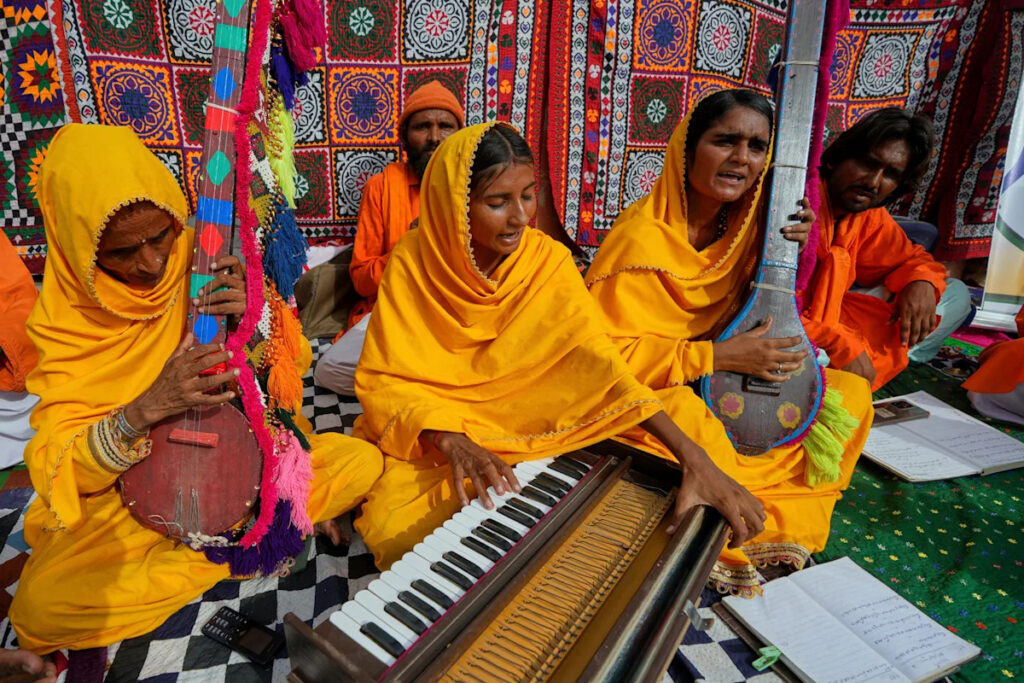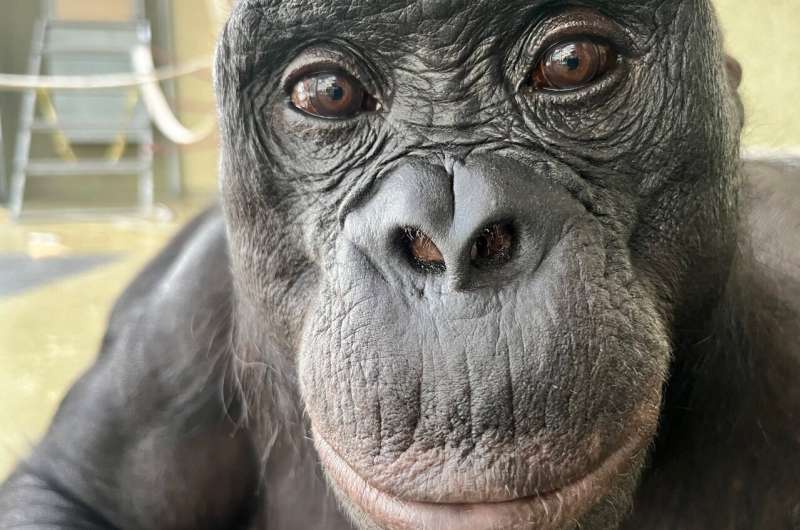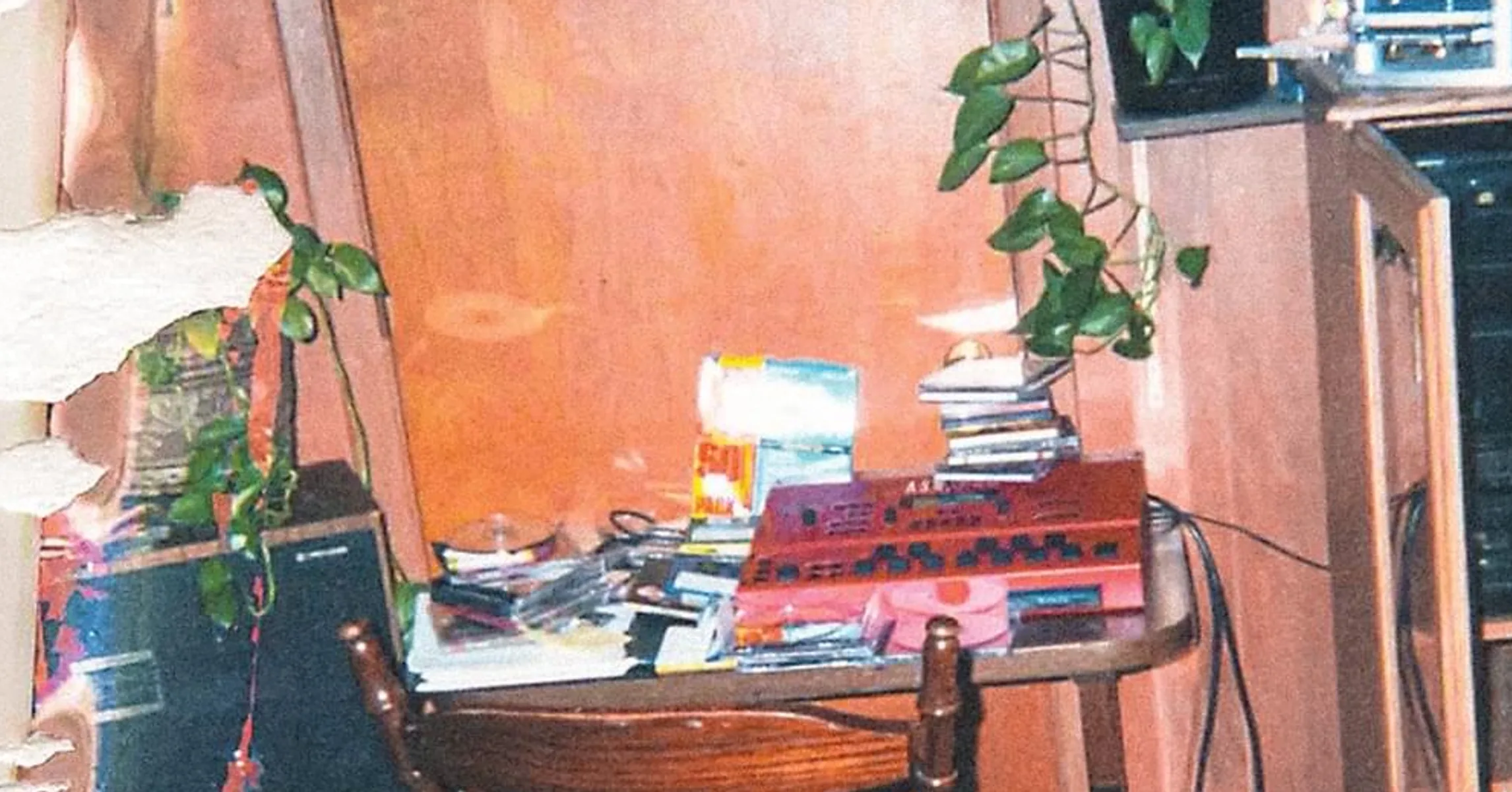
Villagers in Sindh, Pakistan, are turning to music as a powerful tool to raise awareness about climate change and its devastating effects. Folk musician Sham Bhai has been touring villages, using her songs to educate communities about climate adaptation and resilience. Her voice resonates in the air as she sings, “We are the people of the south. The winds seem to be blowing from the north… My heart is burned from seeing the collapsed houses in the rain.”
Three years ago, Sindh experienced catastrophic floods exacerbated by climate change, affecting millions and destroying homes, farmland, and infrastructure. The region recorded over 1,000 rain-related deaths in a few months during 2022, with the scars of that disaster still visible today. Many roads remain broken, and families in areas like Tando Allahyar have not rebuilt their homes since the floods. Sham, who sings in her native Sindhi language, emphasizes the unique connection music creates, particularly in communities with low literacy rates. “When we give a message through song, it is easy to communicate to people because they understand it,” the 18-year-old artist told The Associated Press.
Adapting to Changing Weather Patterns
Farmers in Sindh are also adapting to the shifting climate. Ghulam Mustafa Mahar, a local farmer, notes the unpredictable monsoon seasons, stating, “The monsoon season used to come on time, but now it starts late.” As a result, many farmers have shifted their focus from summer crops to winter ones, which provide greater predictability. The challenges of climate change have forced some to abandon crop farming altogether in favor of livestock.
The impact of climate change is deeply felt by women and children, who often bear the brunt of extreme weather. Sham’s songs tell of the struggles faced by families during floods, emphasizing the vulnerability of women and children when men leave for work. “Women and children face hardship during the rains because they are vulnerable in the absence of men who go away to work,” she explains. Her performances not only entertain but also empower, encouraging communities to strengthen their homes and plant trees to mitigate future disasters.
Rapping for Climate Justice
In addition to traditional folk music, urban activist Urooj Fatima, known by her stage name Sindhi Chhokri, is using rap to spread climate change awareness. After severe flooding hit her village in both 2022 and 2024, Urooj recognized the need to engage larger audiences. “Through rap, we can reach out to hundreds of thousands of people through our voice and our message,” she stated.
Urooj’s lyrics tackle issues of government neglect and social injustice. “I am telling the truth. Will your anger rain down on me? Where was the Balochistan government when the floods came?” she raps, highlighting the inadequate response of authorities during crises. Her commitment to activism includes not only music but also grassroots efforts, such as tree planting and community outreach, aimed at raising awareness about climate change’s disproportionate impact on women and girls.
Despite facing criticism and controversy, Urooj remains undeterred. “Rap is a powerful platform. If our rap reaches just a few people, then this is a very good achievement. We will not let our voices be suppressed,” she asserts.
Through their music, both Sham and Urooj are fostering resilience and knowledge in communities grappling with the harsh realities of climate change. Their efforts illustrate the important role of art in advocating for environmental justice and empowering vulnerable populations in Pakistan.






